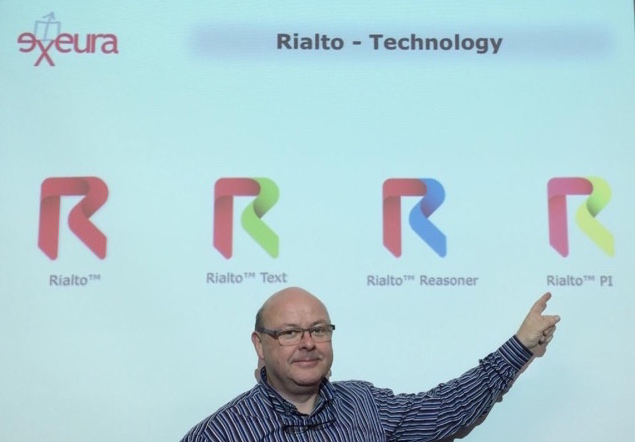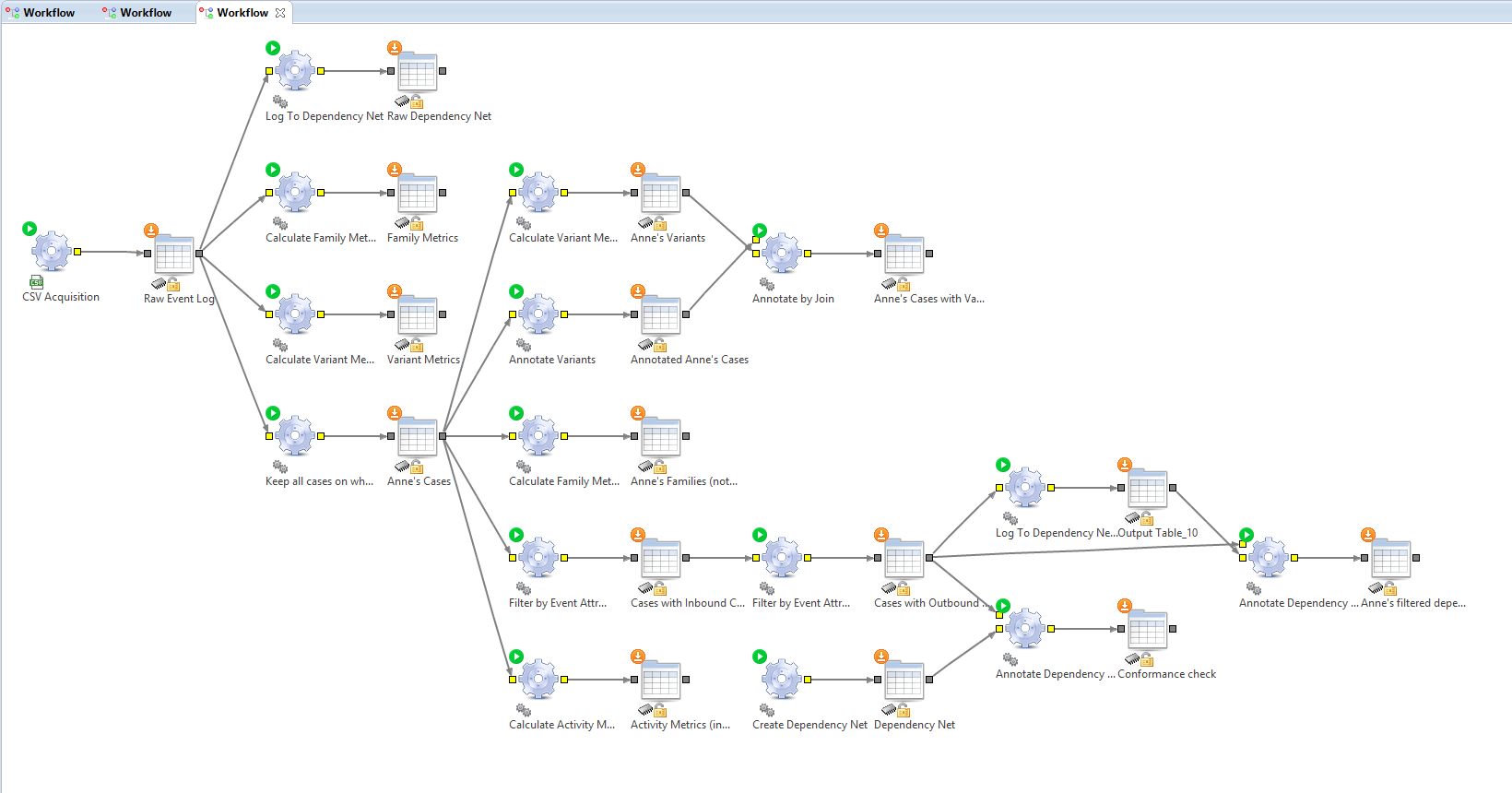Client centric organisations focus on service excellence with compelling products. Client satisfaction is a very important objective aiming at loyalty and recommendations as a targetted result. Fact based process execution information is the way forward. Automatic process execution discovery starting from event log data is what we do. We analyse and visualise client service process execution with focus the vital client service ‘touch’ points. Process Mining with Event-Chain Analytics and operational process monitoring support demonstrated their positiv impact on Business improvement initiatives (processing cost, external cost in combination with process execution based user satisfaction measurement and anticipation)
Business questions looking for answers.
- Can we predict the number of medical examinations in the ‘pre-opening’ phase of a claim?
- At which point in time can we anticipate the duration and complexity (number of handlings) of a claim ?
- Will it be possible to prescribe the assignment, or re-assignment, off a particular case to a better qualified claim handling officer?
Determine mathematically the likelyhoods of being able to answer ‘THE’ questions.
Are the data available for these analysis? Is it economically feasible to collect the data related to the volume, variety, velocity of the data? How do we deal with data security and privacy? Is the data quality OK? (completeness, consistency) Which data would make a difference? If ‘key’ data are missing, can we collect them (acquire, extract, transform) from open data sources? Could the data be produced by adding an extra process step, by adding extra data fields in the claim handling recording and claim process management?
The innovative approach: Proof of Possibilities Project with process discovery and analytics.
Blending skills, experience and data in-a-single-environment bringing incremental insights and ultimate monitorng.
- climb the learning curve which and how much value is hidden in your data. Use data driven process discovery techniques finding answers to the ‘dream’ questions.
- get proficient in the competence area’s like Data Pre-Processing (enriching), Process Discovery, Process-Data-Text (P-D-T) Analytics, Process Conformance analytics and Performance analytics.
- use the techniques for process flow extraction (process mining), people collaboration & system interaction (resource mining), prescriptive and predictive modeling (process, data and text mining) of the available ‘event’ data.
Asses the possibilities for business improvement(s).
Determine the likelyhood of an answer to a ‘key’ business question. (below is an extract and example checklist)
With the current data availability and quality, the accuracy of predicting the number of medical examinations in the pre-opening phase is 78%.
Follow-on effort: With a consistent (more automatic) tagging of the health-issue category, the accuracy of the prediction can be progressively improved over the duration of a claim.
Business impact: Less external exams will lower the cash-out, improve overall handling time (benefits the available people capacity to handle claims) and helps with the overall client satisfaction (less unneeded exams, faster communication, timely payment of disability compensation)
With the current data availability and quality, with the assessed modelling technique , the assignment of a case to the most qualified claim officer, or team, is 83%.
Business Impact: This parameter allows to organise (recalibrate) the case distribution to a mixed team with more junior officers, freeing up time from more senior officers to be dedicated to those cases that will profit from their judgement (experience).
Diligent assignment of officers will help with lowering the impact (better manage) of lenghty, ongoing, even ‘fraudulent’ cases directly and indirectly resulting in the best possible user satisfaction.


